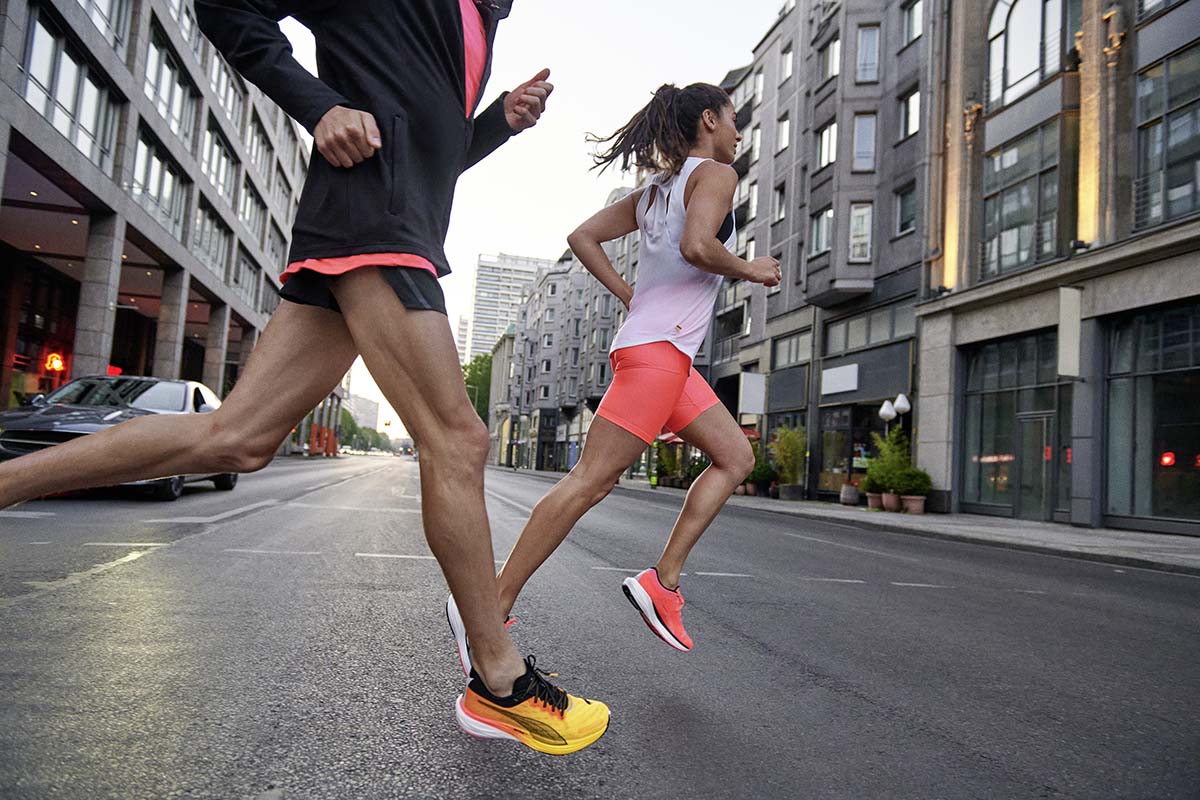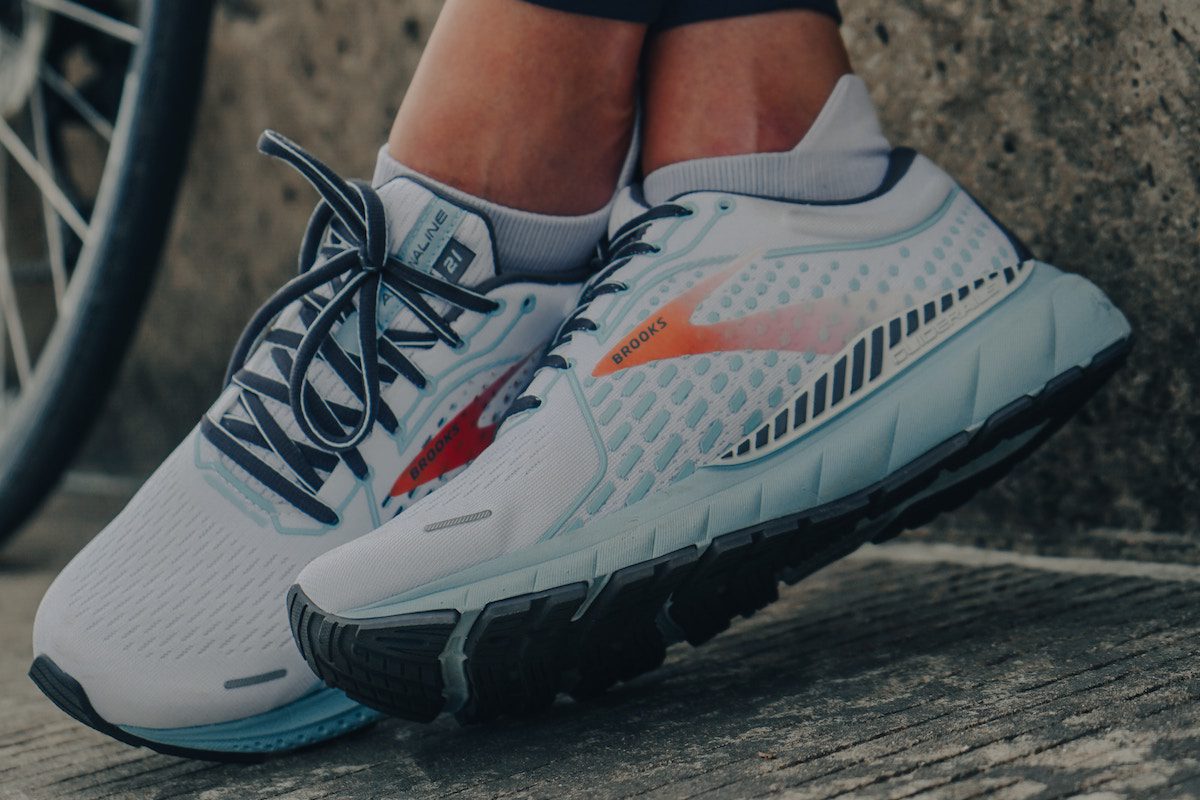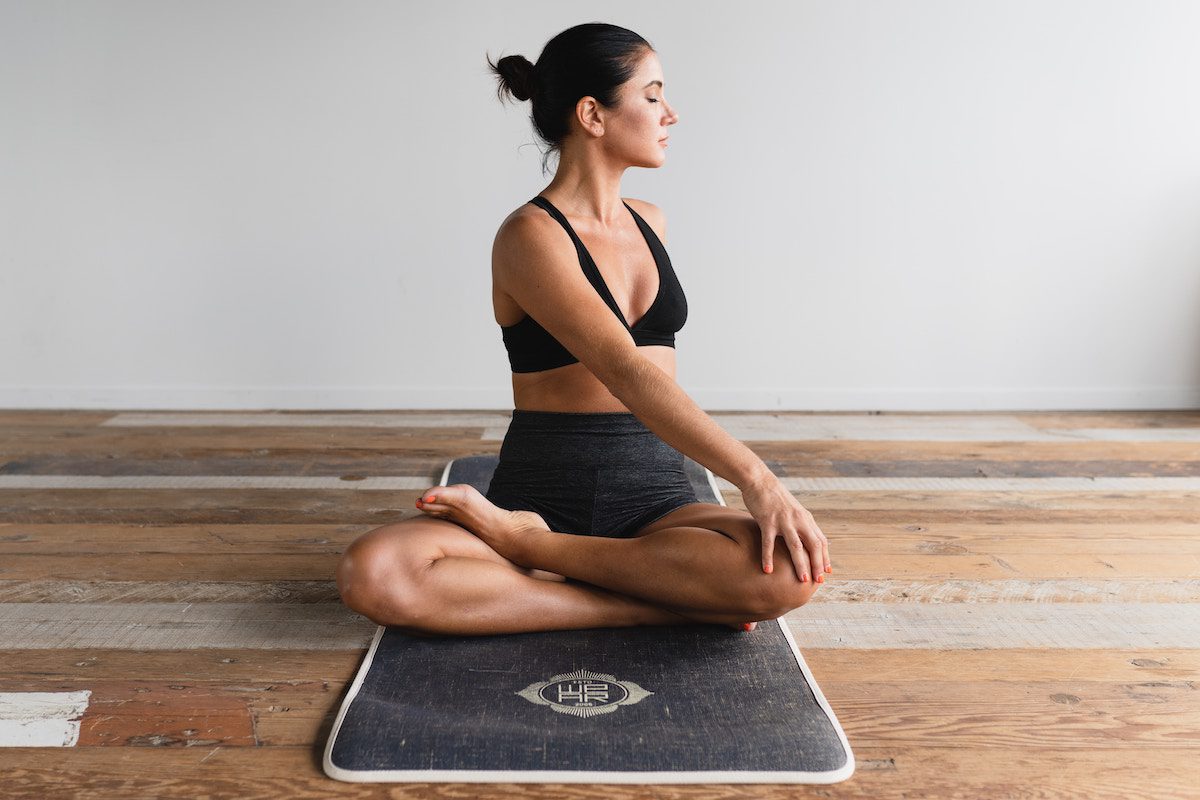The Science Behind Hydration
My dented Hydroflask is my constant companion. I’m one of those people that believes water cures everything. If I ever forget my water bottle at home, it’s a disaster.

Am I hungry? Thirsty? Cranky? Cramps? Do I have a headache? I blame almost all of my problems not drinking enough water. It may be misguided, but I feel like I’m only one water bottle away from feeling amazing. I also like to nag my family members about drinking enough water. They love it!
I want to be healthy and *super* hydrated, but am I doing enough? Can you drink too much water? What about electrolyte replacements, supplements, and multipliers? How hydrated do you need to be?! We’re diving into the science of hydration (and yes, that *was* a water pun).
Hydration science
Jennifer Singh, RD, LDN, gave me a few “fun facts” about being properly hydrated. (Her words!)
“Hydration helps prevent oxidative stress (inflammation), improves insulin sensitivity, prevents protein breakdown, and improves the cells’ ability to turn foods into fuel,” Singh says.
Okay, so water does a LOT for us. It also lubricates joints, regulates body temperature and blood pressure, improves liver and metabolic functions, transports nutrients, removes waste, and protects your organs.
The Dietary Reference Intake (DRI) recommends that in general, women should aim to drink around 91 oz (2.7 L) of water per day, while men should drink approximately 125 oz (3.7 L). Singh recommends taking a proactive approach to hydration and making sure to adjust if necessary.
“While thirst and urine output and color can be a good way to determine how hydrated we are, we are also able to think ahead to make sure we plan to replace fluid losses if we are hot, sweaty, exercising, or sick,” Singh says.
“A good rule of thumb is half your body weight in ounces, with an increase based on the above factors, generally, 8 oz for every 15 minutes you are hot, sweaty, and or exercising.” Find a good reusable water bottle, and get hydrating!
But what about being too hydrated?
“You can put yourself at risk of over-hydration, which can be deadly in the most extreme cases,” says Amanda A. Kostro Miller, RD, LDN, and Smart Healthy Living advisory board member.
“However, a healthy body works really really hard to keep hydration under control, but there can be issues. Water over-hydration is also a risk for people with certain conditions like congestive heart failure.”
If you’re a relatively healthy person, and you’re not regularly chugging obscene amounts of water, you should be okay. When in doubt, always see a doctor.
What about electrolytes?
Water isn’t the only thing we lose when we sweat—we also lose electrolytes. Electrolytes, for those of you who were asleep in science class, are minerals with electrical properties used to keep the body’s systems balanced. They include calcium, chloride, magnesium, and phosphate, though potassium and sodium are the two most commonly lost in sweat.
Unless you’re starting off dehydrated, it’s unlikely that you’ll need an electrolyte replacement for normal physical activity (under two hours).
“I generally only recommend supplementing electrolytes for endurance athletes and those who are sick and suffering large volume fluid losses. Most people can get adequate electrolytes from food sources,” Singh says.
Depleted electrolytes can lead to muscle cramps and spasms, delayed onset muscle soreness (DOMS), and even headaches. To replenish electrolytes naturally, she advises eating plant-based foods. Green leafy vegetables, nuts, beans, and seeds can provide calcium, magnesium, or potassium.
What we lose during sweat can vary from person to person. You can actually take a “sweat test” to determine what you lose when you sweat. If you’re training for a long-distance event, or have dealt with consistent cramping, you might benefit from one.
“Most people understand that people sweat more than others. But what most people don’t know is that losing sweat varies from person to person,” says Dave Colley, Marketing Director at Precision Hydration.
Over the last decade, Precision Hydration has tested athletes’ sweat levels and outputs to help them customize their hydration strategy. While they’ve seen athletes who lose 200 mg of sodium per liter of sweat, to over 2,500 mg (!), their research suggests the average athlete loses around 950 mg of sodium per liter of sweat.
As a more casual fitness enthusiast, I don’t think I need to make adjustments, but I like the idea (and science) behind it. Personally, I’m a sweater. My face is red for an hour after my work out, and I wear my soaked shirts as a badge of honor. (At least I tell myself this. My husband does not sweat at ALL, and it really peeves me.)
Dehydration
This is your reminder that dehydration is a big deal.
“Dehydration can lead to rapid heartbeat, fatigue, fainting, low energy, muscle cramps, headache, and inflammation,” says Singh. It can also decrease blood pressure and sweat rate and increase your core temperature.
Signs of dehydration can range from dry skin and mouth to headaches, constipation, sleepiness, decreased urine output, and in extreme cases, delirium. Drinking regularly and before and after workouts can help keep you hydrated throughout the day. You can’t just rely on how thirsty you are.
According to science from the National Academy of Sports Medicine, losing even two percent of your body weight in fluids can impair performance levels and circulatory functions. Your body literally cannot adapt to dehydration.
So, drink up!












